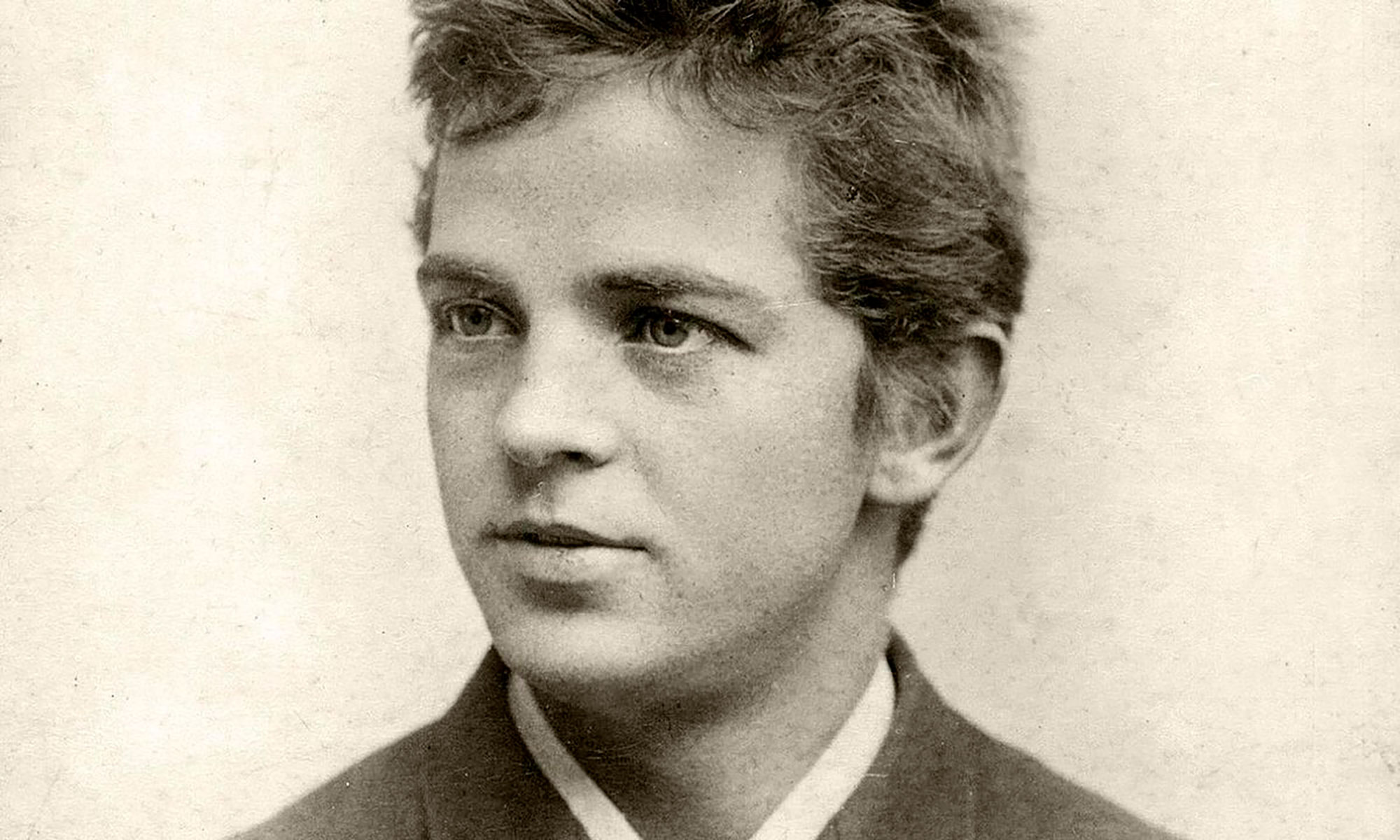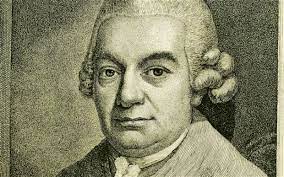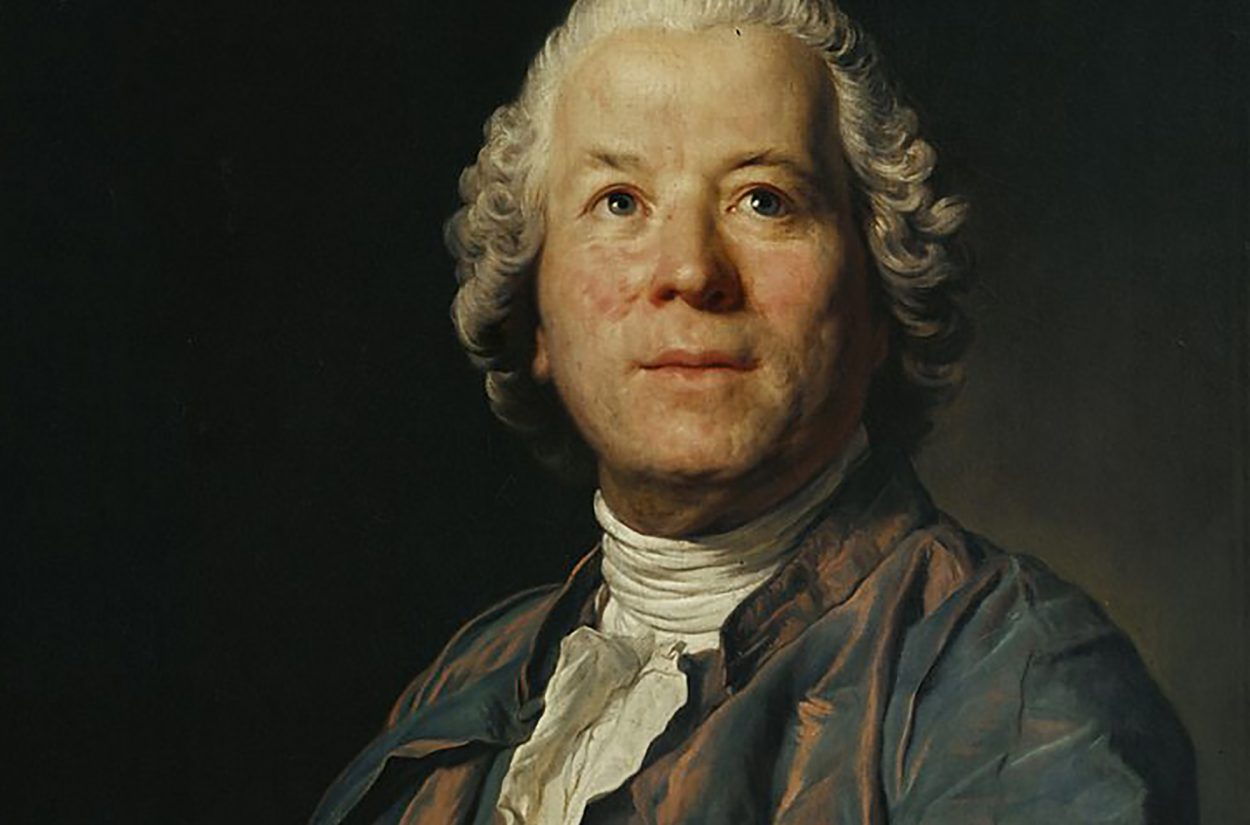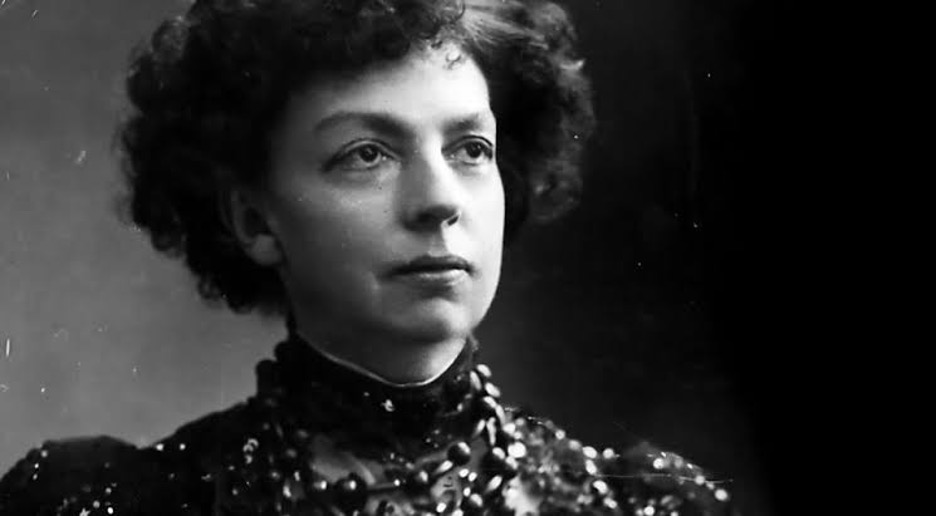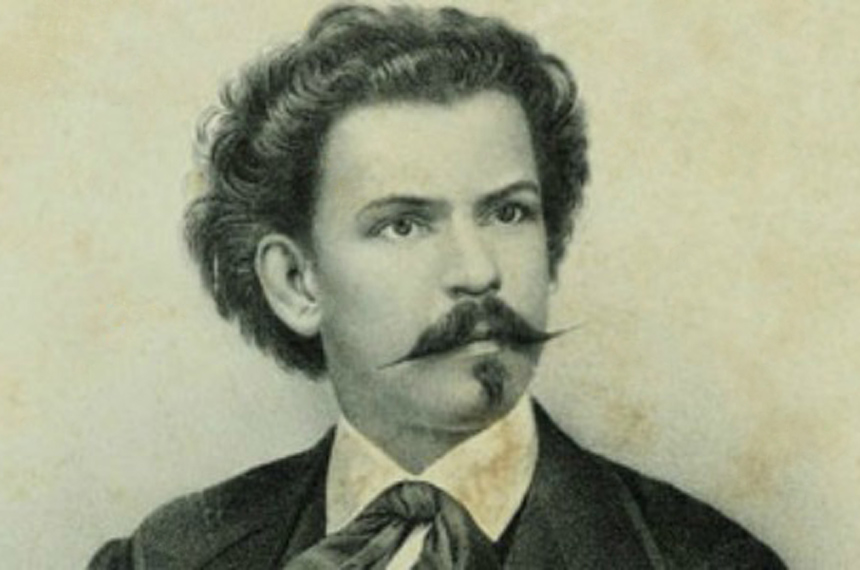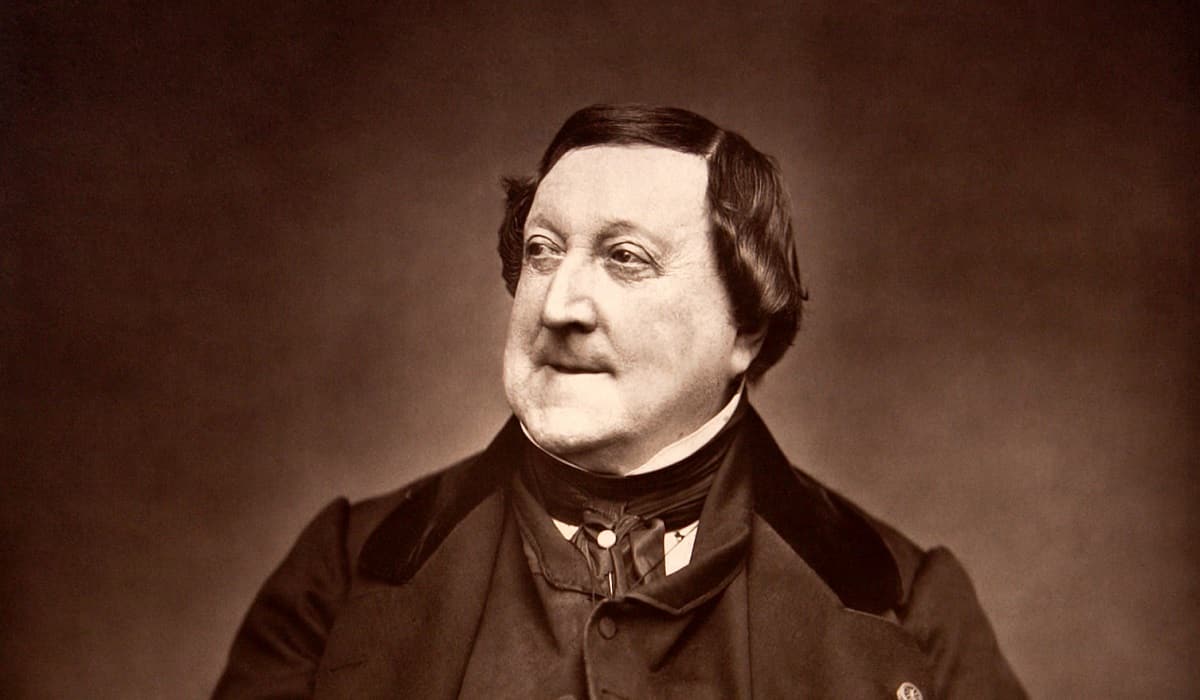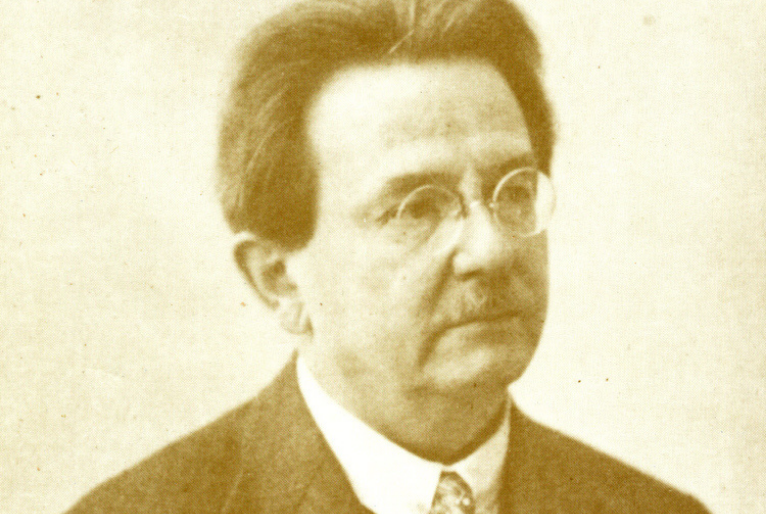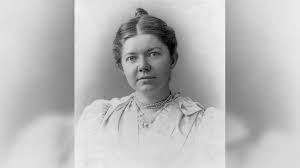Carl Nielsen, the renowned Danish composer, left an indelible mark on the world of classical music with his innovative compositions and distinctive style. Here are 10 fascinating facts about this musical genius:
1 - Childhood of Poverty: Carl Nielsen was born on June 9, 1865, in a small village near Odense, Denmark. He grew up in humble circumstances, with his father working as a poor house painter. Despite the financial struggles, Nielsen's parents encouraged his musical talents from an early age.
Carl Philipp Emanuel Bach, renowned as one of the most influential composers of the Classical era, was born on March 8, 1714, in Weimar, Germany. He was the second surviving son of the illustrious Johann Sebastian Bach, a towering figure in Baroque music. Carl's upbringing in a musically enriched environment, surrounded by his father's compositions and collaborations, profoundly shaped his artistic inclinations.
From an early age, Carl displayed remarkable musical talent and received rigorous training from his father. He excelled not only in composition but also in keyboard and performance. At the age of ten, tragedy struck the Bach family with the death of Johann Sebastian's first wife, Maria Barbara. Despite the personal turmoil, Carl continued his musical studies under his father's guidance.
Baldassare Galuppi, an Italian composer of the Baroque and early Classical periods, left an indelible mark on the world of music with his innovative compositions and influential contributions. Here are 10 fascinating facts about this remarkable musician:
1 - Early Life: Galuppi was born on October 18, 1706, in the Venetian Republic. From an early age, he displayed a prodigious talent for music, receiving his initial training from his father, a barber and violinist.
Christoph Willibald Gluck, a towering figure in the history of classical music, was born on July 2, 1714, in Erasbach, Upper Palatinate, Bavaria. His life unfolded against the backdrop of the Baroque and Classical periods, and his contributions to opera would forever shape the course of musical history.
Gluck's early musical education began under the guidance of his uncle, who recognized his nephew's prodigious talent and arranged for him to study music in Prague. Later, he continued his studies in Italy, where he absorbed the operatic traditions of the time, particularly those of Alessandro Scarlatti and Giovanni Battista Pergolesi.
Cécile Chaminade was a pioneering composer whose talent and determination defied the norms of her time. Born in Paris in 1857, she made a significant impact on the classical music scene of the late 19th and early 20th centuries. Here are ten interesting facts about this remarkable woman:
1 - Prodigious Talent: Chaminade displayed exceptional musical talent from a young age. She began composing at the tender age of eight and went on to study piano, composition, and harmony at the Paris Conservatoire.
Carlos Gomes, born Antônio Carlos Gomes, was a Brazilian composer whose melodies continue to resonate through the annals of classical music history. Born on July 11, 1836, in Campinas, São Paulo, Brazil, Gomes was the son of a military bandmaster and an amateur pianist. His early exposure to music within the familial setting sparked his passion for the art form, leading to his formal education at the Imperial Conservatory of Music in Rio de Janeiro.
Gomes' talent was apparent from a young age, and he excelled in his studies, mastering the piano and composition. His early compositions already hinted at the unique blend of European classical traditions with Brazilian folk elements that would later characterize his work. In 1859, he traveled to Italy on a scholarship, a journey that would profoundly shape his musical identity.
Gioachino Rossini, born on February 29, 1792, in Pesaro, Italy, is celebrated as one of the most influential and prolific composers of the 19th century. His music, characterized by its vibrant melodies, rhythmic vitality, and dramatic flair, has left an indelible mark on the world of opera.
Rossini showed early musical promise, receiving his first music lessons from his father, a horn player and town trumpeter. By the age of 12, he had already composed several small-scale operas. Recognizing his talent, his parents sent him to study at the prestigious Liceo Musicale in Bologna, where he honed his skills in composition and counterpoint.
Franz Schmidt, an Austrian composer, organist, pianist, and cellist, was born on December 22, 1874, in Pressburg, Austria-Hungary (now Bratislava, Slovakia). He emerged as a prominent figure in the late Romantic and early modernist musical landscape, leaving behind a legacy of orchestral works, chamber music, and operas.
Schmidt's musical journey began at an early age when he showed exceptional talent as a cellist. He studied at the Vienna Conservatory, where he honed his skills in composition under the guidance of renowned composers such as Robert Fuchs and the legendary Gustav Mahler. Mahler's influence, in particular, left a profound mark on Schmidt's musical style and approach.
Amy Marcy Beach was a prominent American composer and pianist, recognized for her contributions to classical music in the late 19th and early 20th centuries. Here are 10 interesting facts about her life and work:
1 - Early Prodigy: Born in 1867 as Amy Marcy Cheney in New Hampshire, Beach displayed remarkable musical talent from a young age. She began composing music at the age of four and gave her first public performance at seven.
François Couperin, often referred to as "Couperin le Grand" (Couperin the Great), was a distinguished French composer, harpsichordist, and organist of the late Baroque era. Born on November 10, 1668, in Paris, he hailed from a renowned family of musicians. His father, Charles Couperin, and his uncle, Louis Couperin, were both esteemed composers and organists, laying a strong foundation for François's musical upbringing.
Couperin's musical talent was evident from an early age, and he received rigorous training in composition and keyboard performance from his family members. He was particularly influenced by the French keyboard tradition, which emphasized elegance, refinement, and expressive subtlety.
